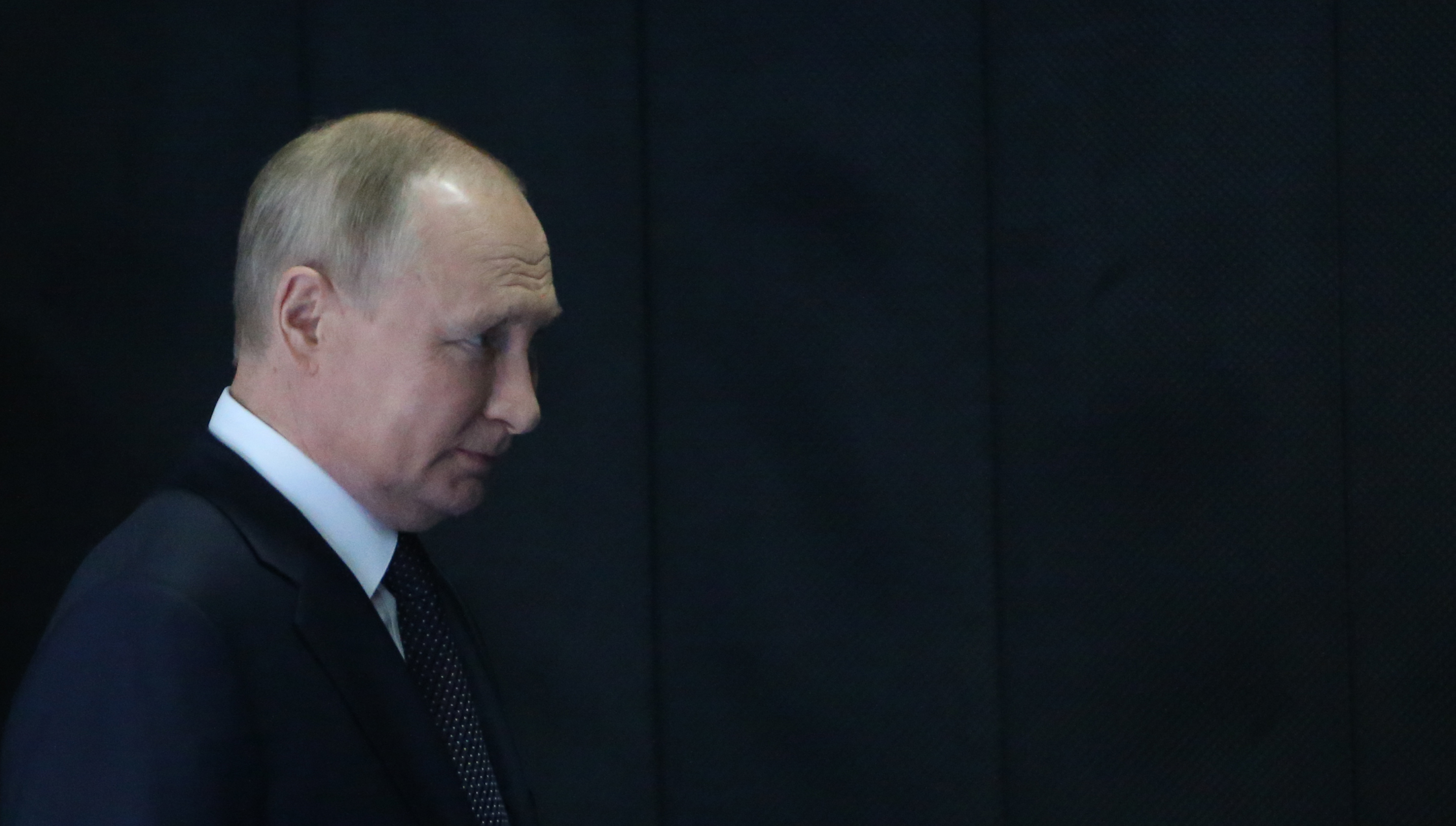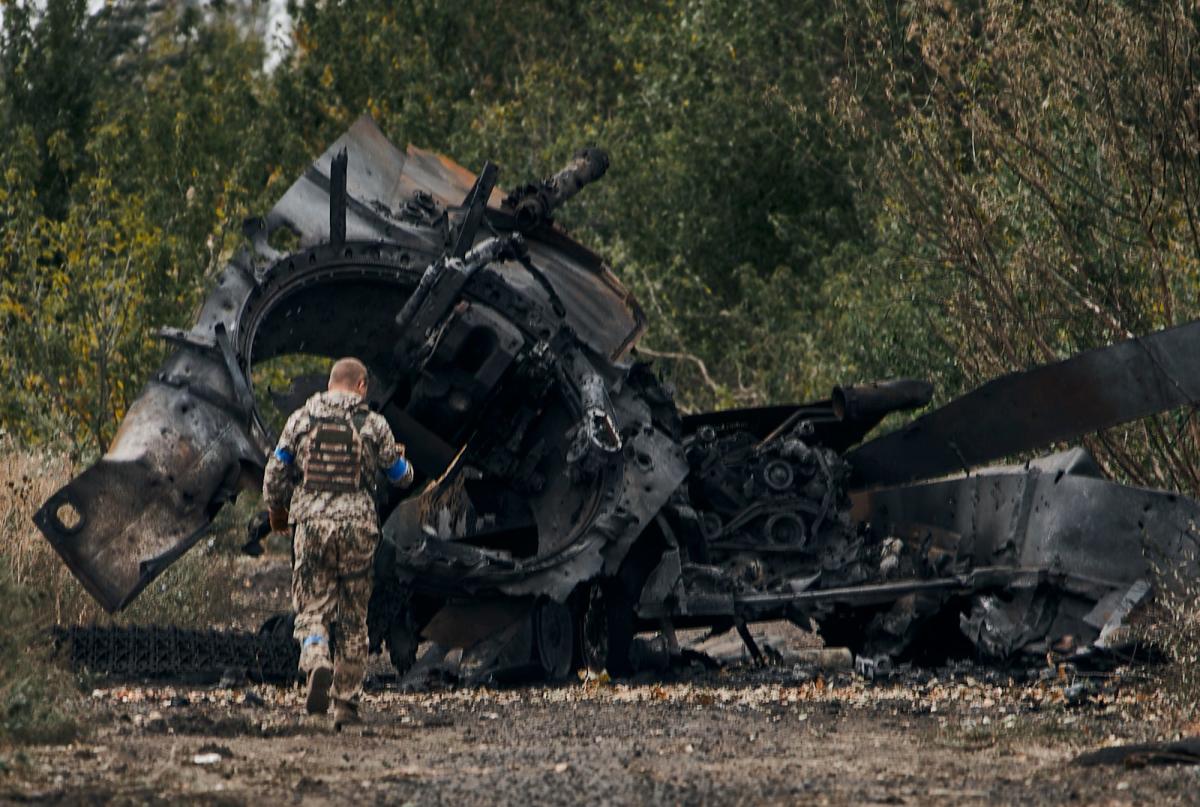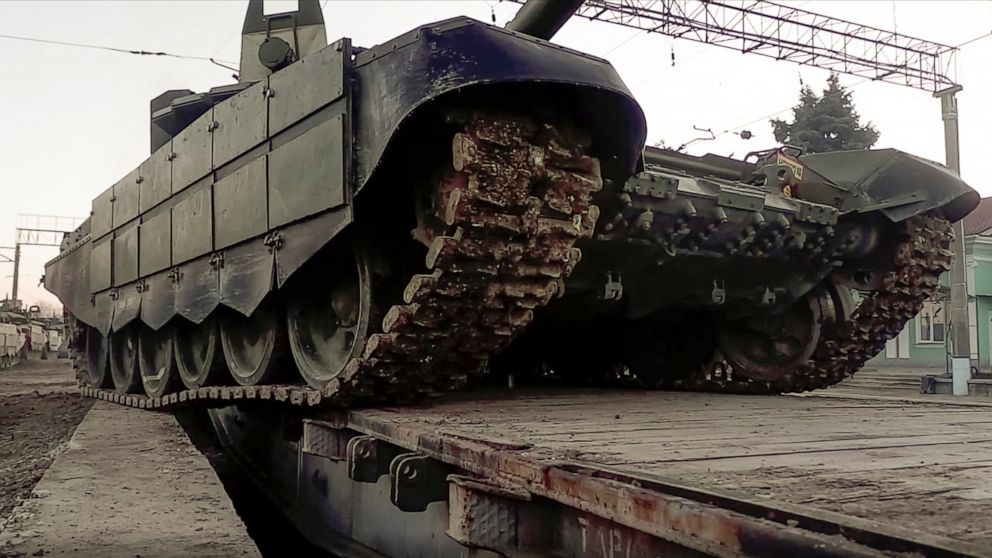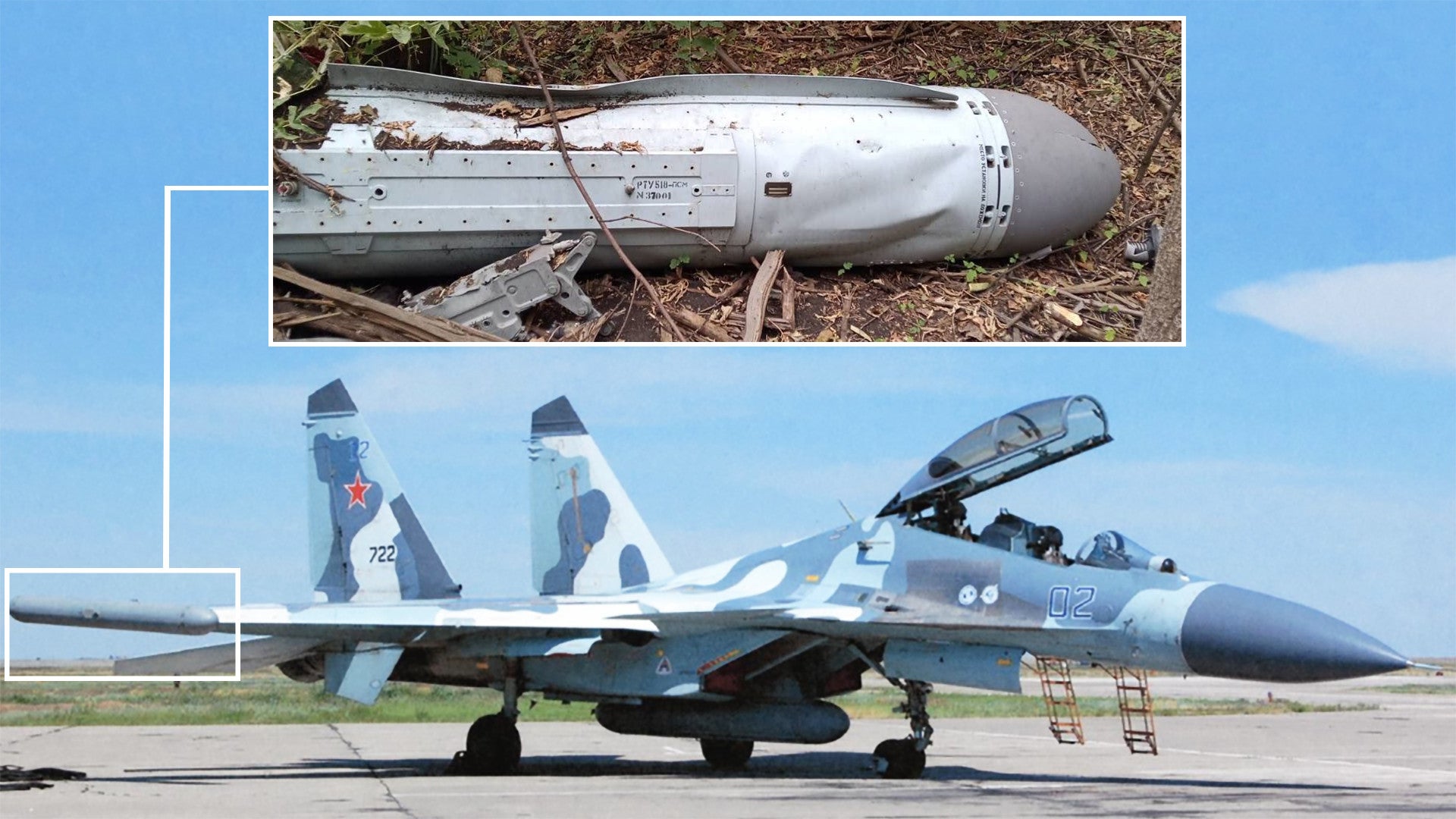I'm recalling that in August there was a fair bit of commentary about Ukraine's success in negating the effectiveness of Russia's Black Sea fleet.
This article from Politico for example;
I assume that military planners are looking at how the use of advanced weapon systems has played out in Ukraine and are seriously reconsidering the risks for large warships.
Russia might be able to lay mines but ships trying to enforce a blockade, their fleet could just be sitting ducks for Ukraine. And when Russia loses ships in the Black Sea, they have a problem replacing them with the passage through Turkey closed to war ships
Well it’s certainly true the Black Sea Fleet had an awful lot of hubris in the beginning of the war. I suppose that’s true across the board for the Russian military. I wouldn’t assume however because Russia has been lightly using their naval fleet in the war suggests they are “weak”. I would imagine it’s far more costly and logistically problemic to launch submarine launched cruise missiles vs. launching them from land.
Harpoon missiles, which we have provided, only have a range of about 75 miles. The Neptune missiles allegedly used to sink the Moskova are said to have a range of 170 miles (and are said to be a combination of the harpoon and a Soviet era missile). Both are subsonic which makes them easier to defend (though they skim the surface greatly reducing detection time). Russia should have the technology to defend such attacks- why they failed with the Moskova has been assumed to be human error since evidently no attempt was made. The Black Sea is a big place and all Russia really has to do is hang a couple hundred miles off the coast.
I’m don’t think the US has long range anti-ship missiles- though someone in NATO might. The effectiveness of these in general are a bit questionable since to achieve long range they follow a ballistic trajectory- making them susceptible to interception. And they have to be able to know roughly where the ship is, reach that area, identify and track the ship locally, and redirect themselves since the ship is moving.
If we assume one way or another the ships are defeated, Russia has at least 6 submarines in the Black Sea which could easily disrupt commercial shipping. I would assume at least 2/6 are not operational at any given point given how maintenance typically works. They are Kilo-class diesel electric subs- they are not the most cutting edge machines but still extremely capable and have been updated. And while they don’t have the endurance of a nuclear submarine, they don’t really need it given the location and being electric means they are exceptionally quiet. Technologically Russia has extremely capable submarines these days- maintenance and training however very well could be a different story.
Given Ukraine has no significant navy to speak of and therefore little to no anti-submarine capabilities, I’m not sure how they would address this. I suppose NATO could use their ASW aircraft to detect the submarines and relay their location to Ukraine. That could certainly cause a conflict with Russia. Perhaps Ukraines planes could be provided with anti-submarine missiles, though I’m not sure that’s a technology we’d necessarily want to hand over.
Autonomous boats is a possibility but I’m not sure we have a mature product and would be susceptible to detection and jamming. Autonomous attack submersibles I highly doubt are mature since underwater communication is a problem and would need to heavily rely on AI which I’m not sure has been ironed out yet. Most (if not all) marine drones at this point are reconnaissance drones. Though who knows what NATO navies have up their sleeve.
I suppose Ukraine could target the Russian’s submarine bases directly, but that of course could cause severe problems. Hopefully if Russia is kicked out of Ukraine on land they will just call it quits.
Fun fact: during WWII the Nazis actually transported U-boats over land to put them in the Black Sea. I doubt Russia would go to these lengths and submarines tend to be much larger and heavier today then the 1940’s making such a task pretty difficult.






